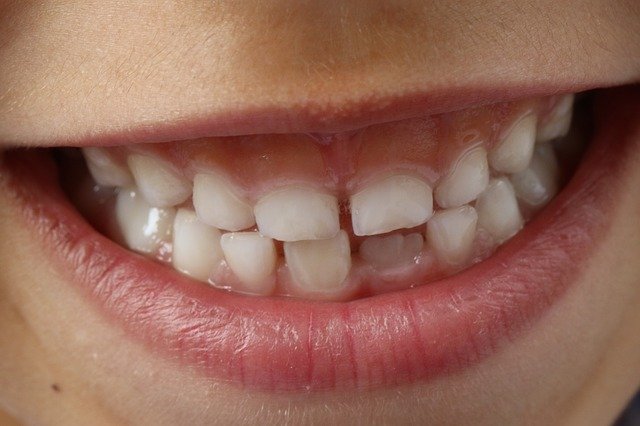Stress Lines In Teeth are fine, vertical lines that show up in the teeth’s enamel. Typically when people get older. They’re also referred to as superficial or hairline cracks. Craze lines can appear transparent. They can appear as yellow, gray, or brown lines on teeth. If you notice many craze lines on front teeth appearing as they could be ugly. But, craze lines are typically difficult to detect and are often unnoticed. Until you are looking for them, the lines of a craze can make your teeth stain much more quickly. This is why they can be more apparent when you smoke products or consume tea, coffee, soda, and red wine.
What Causes Craze Lines In Teeth?
The craze lines can have various causes, such as simple wearing and tear. The years of chewing food and placing pressure on your teeth can eventually accumulate, leading to craze lines developing. Many people see them as they enter middle or old age. Alongside wear and tear, other reasons for trend lines are:

- Teeth grinding (bruxism)
- Teeth that are not aligned (an uneven bite)
- An ongoing habit of nail-biting
- Chewing on food items, like ice or other complex objects
- Injuries or trauma to teeth
Crashes Lines And Broken Teeth
why do my teeth have cracks? They are technically classified as a mild type of tooth crack. In contrast to more severe teeth look cracked, craze lines generally don’t become more severe or cause symptoms. Most of the time, they are cosmetic and do not need treatment to protect the tooth—a simple way to tell whether there is a craze line or vertical crack in tooth by examining the symptoms. If you do not experience pain, swelling, or sensitivity, you probably have a craze and not a fracture.
Could A Craze Line Contribute To Cracking A Tooth?
What are craze lines? Craze lines are a common and regular phenomenon. They do not mean that your teeth aren’t strong enough or susceptible to cracks. They rarely get worse or cause crack lines. However, they can cause teeth to be more susceptible to cavities, but they are usually not on the front teeth. It is possible to avoid this by cleaning your teeth regularly, especially after drinking sugary drinks or foods, and observing the best dental hygiene habits.
What Options Exist To “Correct” Craze Lines?
If you do not like the appearance of the crazed lines, There are ways to lessen them at home by using strips of whitening and whitening toothpaste. Your dentist may also supply you with a home-based professional kit to whiten your teeth, including a custom-fitted tray on your tooth. Other options available are to lighten lines that cause crazy teeth or cover them up or alter the crack on tooth surface.
These include:
- The lines fill in by filling them by using composite resin
- Professionally formulated in-office teeth-whitening
- veneers
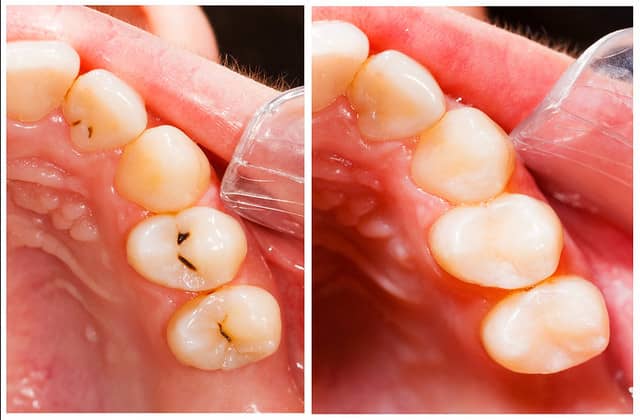
Are You Able To Prevent Lines Of The Craze?
The appearance of a rash line on teeth can be difficult to stop completely. But, if you’re suffering from routines like nail chewing or eating frozen food, stopping these may assist. If your jaw is clenched every evening, lifestyle changes that can help you unwind and relax could aid. Things like meditation, daily walks, warm baths, and turning off electronic devices when you go to bed helps some people.
There are other things to stop the grinding of Stress Lines in Teeth. Also, you can speak with your dentist regarding the purchase of a nightguard. Lines of craze that are visible can reduce in appearance by eliminating the use of nicotine-based substances and restricting the intake of alcohol that is dark. This will keep Stress Lines In Teeth visible from getting darker.
What Are Craze Lines Teeth?
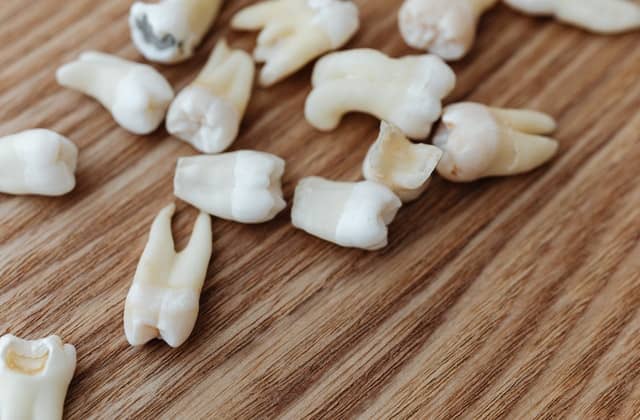
Stress Lines in Teeth are tiny vertical marks that appear on teeth line. But they aren’t always pleasant. They aren’t usually an indication of health problems. However, what could cause them to maybe.
Anatomy Of Teeth
Your teeth consist of several parts.
1- Cracks In Tooth Enamel
It considers the most visible layer of your teeth. It comprises phosphorus and calcium. Tooth enamel is by far the most difficult component that you have It’s also where wrinkle lines show up.
2- Dentin
Below the enamel is dentin. This bone-like, porous layer forms the bulk part of your tooth. The tooth pulp installs this underneath it.
3- The Pulp
This is the soft tissue that is made by nerves the tooth creates. The pulp produces dentin.
4- The Root
Your tooth’s roots anchor it to the jawbone like plants in the soil.
5- Tooth Cracks
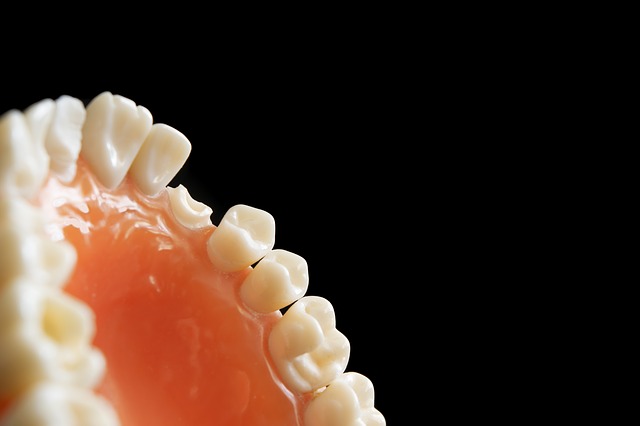
Stress Lines In Teeth undergo many strains due to chewing and accidental hits. Craze lines usually appear as superficial cracks that do not pose a reason to worry about. But, a chip that hurts within your tooth, on the other hand, might be more dangerous than you think. The most frequent types of tooth fractures comprise:
6- Cusp Fractured
The cusp refers to the humps on the back of your teeth. A damaged cusp will probably not get to the tooth’s pulp. They’re usually not very painful. Stress Lines In Teeth utilize to chew. When you bite into something hard, it can result in cusp breaking. Broken cusp.
7- Extensive Cracks
Cracks that extend beyond your gum line can be challenging to repair. These small cracks in teeth are more painful. There may be a pain when drinking cold fluids or breathing. The earlier you seek medical attention more effectively, to avoid any issues. The tooth is split: It is a severe fracture located below the gum line. The tooth is split into two fragments. A broken tooth is typically due to a fracture that wasn’t treated. There’s a chance the tooth has to be completely removed.
8- Vertical Root Fractures
This type of significant fracture appears to begin at the gum line and then move upwards. There may be no signs of this fracture. However, it could lead to an infection and cause your tooth to be extracted.
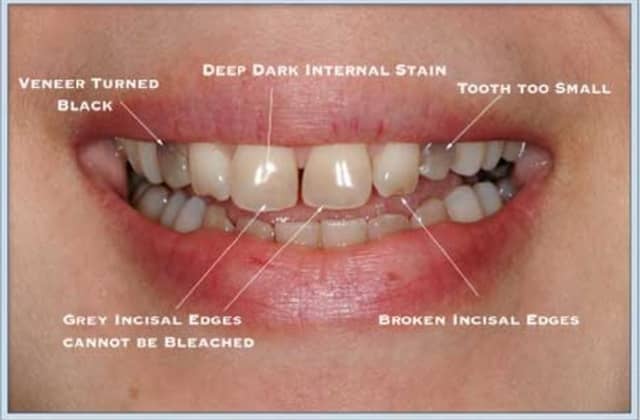
What Are “Black Stains”?
Stress Lines In Teeth of black on your teeth are an example of tartar, often referred to as dental calculus—the tartar forms when the plaque in your mouth absorbs salivary minerals and is then essentially solidified. The buildup can’t eliminate by brushing or other hygiene practices. We must remove it in professional cleaning. The minerals that absorb by tartar create these lines. Absorption too high of copper and iron causes these marks of black on your teeth.
Feature Image : Pixabay
Have you been recently facing any teeth issues? Share with us your experience.
Some more health related articles:
